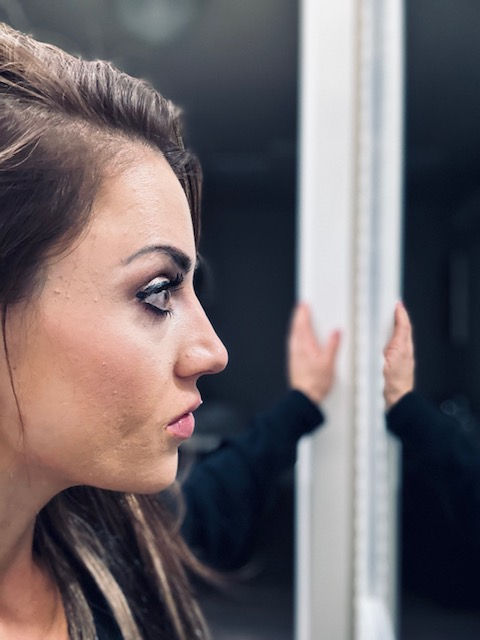Stress and the 3 R's
- Shelby Haskell
- Oct 20, 2022
- 3 min read
We all have stress in our life, the perfect amount helps us improve, grow, and become more resilient over time. When stress takes over the 3 R’s which are rest, recovery and rehydration are the key to getting us back to our sweet spot.
Before I dive into the 3 R’s and how to incorporate them, I need to talk to you about stress. Not all stress is created equal. Stress is when our baseline is disrupted. A perfect example of good stress is from an intense work out. During this time, your stress hormones increase, your immune system decreases, and your body experiences inflammation. Not long after, your body recovers and repairs, leaving you stronger and more resilient. When your body is unable to recover or respond effectively to stress, this when stress is no longer helpful, and recovery is crucial to getting you back to your baseline.
If you are struggling with chronic fatigue, muscle soreness, difficulty regulating emotions, and lacking in motivation, the 3R’s are for you. When your body is struggling to recovery, heading to the gym to do that spin class or HITT is not the best option. Instead, focus on activities that promote rest and recovery so that your body has time to rebuild.
The first R stand for Rest. Sleep is the master of our metabolism and recovery. Sleep helps us, lose fat, gain muscle, regulate hormones, and regulating blood sugar. Chronic health conditions, excess body fat and trouble regulating appetite can be contributed to not enough sleep. Sometimes getting quality sleep is hard… especially if you work shift work or have a newborn.
As a coach, I never tell my clients how much to sleep instead I focus on helping them get quality sleep whenever they can. I focus on growing the skills, practices, and daily actions that increase the probability of getting more and better sleep. This includes creating a pre-sleep ritual, or bedtime routine. This is a is a set of behaviors that improve the chances of good sleep. Some examples of a pre-sleep ritual include, cutting off caffeine and other stimulants at least 8 hours before scheduled bedtime, or turning off electronics 1 hour to 30 minutes before bed.
Recovery includes a variety of activities and isn’t a one size fits all approach. A leisurely walk, hiking, or spending time in nature are a few examples of active recovery. Foam rolling, stretching, Epsom salt baths, and massages are a few of my personal favorites. These activities promote blood flow in the body. Blood flow is crucial in the body because blood is what transports vital nutrients to our body.
Rehydration is the last of the 3 R’s and is the most under rated, but one of the most crucial. The body is made up of roughly 70% water. Water regulates, body temperature, lubricates joints, improves sleep quality, and helps keep organs functioning. The bodies basic need of water is often overlooked, and many people are chronically dehydrated.
At a bare minimum you need to consume ½ your body weight of water in ounces. Different factors such as, how active you are, how much you sweat, and weather can affect how many fluids you need to consume. An easy way to check if you are hydrated enough, is by looking at the color of your pee. If it is yellow, don’t waste time, and drink up.




Comments